By Sheldon Winkler
The true story of “Lili Marlene,” possibly the most famous war song ever written because of its universal themes of separation, loneliness, heartbreak, hope, fear of death, and dreaming for one’s love, is varying, contradictory, and controversial.
What is not in doubt is that the song became a favorite of both Allied and German troops during World War II, was recorded by a number of well-known artists, is still popular today, and occupies the number 53 slot on the BBC Radio 2 “Songs of the 20th Century” listing. John
Steinbeck, the noted author, called it “the most beautiful love song of all time.” “Lili Marlene” uniquely transcended the hatreds of war while becoming a favorite of both sides in English, the original German, and many other languages. Its melody is easy to sing and its words easy to remember.
“Lili Marlene” was based on a 1915 poem written by a German soldier, Hans Leip of Hamburg, while supposedly standing night guard duty in front of the Fusilier Guards Barracks near a bright lantern in Berlin, before being sent to the Russian front during World War I. His poem was included in a volume of poetry entitled Die kleine Hafenorgel (The Little Harbor Organ) which was published in 1937 by Christian Wegner Verlag of Hamburg. The poem had five verses, but Leip is said to have used only three in his early recitations, as the remaining two verses spoke of death. The 1937 publication contained all five verses. Lale Andersen (nee Lieselotte Helene Berta Bunnenberg), a young cabaret artist, first sang the song to music written by Rudolf Zink in Munich in the mid-1930s, when she used the stage name Lieselotte Wilke.
The poem was set to music in 1938 by Norbert Schultze, a successful composer known for his operas, marches, and music scores for Nazi propaganda films. Schultze was impressed with Die kleine Hafenorgel, contacted Leip, and set 10 of Leip’s poems to music, including “Lili Marlene.”
Norbert Schultze was a friend of Lale Andersen. She was not too happy with Schultze’s new music for “Lili Marlene” at that time, but Schultze encouraged her to record the song in 1939. “Lili Marlene” was then called Lied eines jungen Wachposten (A Young Sentry’s Song) and achieved little success, while Lale Andersen remained relatively unknown. The first published copy of the song was in a collection of five other songs and brought out by Apollo-Verlag of Berlin in 1940.
The director at a military radio station in Belgrade, Karl-Heinz Reintgen, rediscovered the song in 1941 in a box of records sent from Vienna, and its sensational climb to fame began. The song was beamed from Radio Belgrade, Yugoslavia, by German forces radio to troops in North Africa in August of 1941, where it became an instant success.
Lale Andersen and Radio Belgrade became famous virtually overnight. Soldiers immediately bombarded the station with letters asking for the song, and the continual playing of “Lili Marlene” increased its unprecedented popularity. Requests continued to reach the Belgrade station from wherever German troops were located. Field Marshal Erwin Rommel is said to have liked the song and asked for it to be included nightly on radio broadcasts. “Lili Marlene” quickly became the sign-off song of the Belgrade station and was played every night just before 10 pm.
British Eighth Army soldiers heard the song and adapted it for their own use, even before the pivotal Battles of El Alamein in North Africa. The Americans also liked “Lili Marlene” and sang the song with a variety of lyrics, some off-color. Additional radio airtime resulted in the song becoming a favorite of soldiers on both sides. The German public on the home front also took a great liking to it, perhaps because it became a conduit between home and the troops fighting the war, and raised the morale of both.
After quickly achieving considerable fame throughout the world as a result of her recording of “Lili Marlene,” Andersen ended up in trouble with the Nazi regime, primarily because of her association with Jews. A suicide attempt with an overdose of sleeping pills in 1942 was unsuccessful.
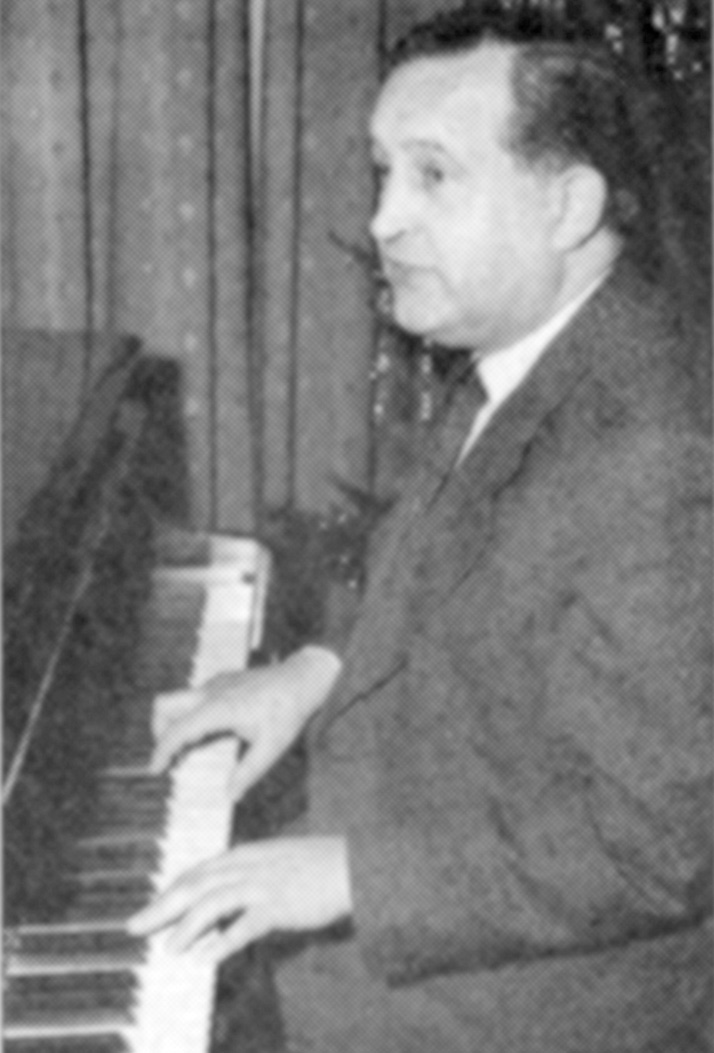
Letters sent by Lale to friends in Switzerland were intercepted by the Gestapo. Among the intended recipients was Rolf Liebermann, a Jewish composer and her former Swiss lover, asking for help in arranging an escape from Germany. She was threatened with arrest, prohibited from performing for nine months, and thereafter banned from singing and being associated with “Lili Marlene.” Rumors of her imprisonment and death in a concentration camp were circulated and even broadcast over the BBC.
Andersen made a second recording of “Lili Marlene” in Berlin in October 1943, with an unidentified orchestra and male choir, for German Electrola recording company. She managed to flee Berlin in 1944 and travel to her grandparents’ home on Langeoog Island in the North Sea, where she sat out much of the remainder of the war. Perhaps the international popularity of “Lili Marlene” had saved Andersen’s life.
The well-known German actress and singer Marlene Dietrich, an anti-Nazi whose films were banned in Germany when she refused to return to her homeland in 1935, began to feature the song in 1943. She later added some of her own lyrics. Dietrich claimed to have sung “Lili Marlene” for three years in North Africa, Sicily, Italy, Alaska, Greenland, Iceland, and England. She recorded an English version of the song for Decca Records in September 1945 in New York. Some sources incorrectly claim she recorded it as early as 1942.
“Lili Marlene” was played from trucks by the British to German soldiers on the battlefield for counterpropaganda purposes, and from German loudspeakers to Allied troops in prisoner-of-war camps. Dr. Joseph Goebbels, the Nazi propaganda minister, thought the song was too mordant and defeatist, bad for morale, and said it had a “cadaverous smell.” His dislike of the song resulted in a prohibition of its performance in Germany on the stage, in restaurants, and over the radio. The ban was largely ignored. Goebbels was responsible for destroying one of the two original master pressings of Andersen’s “Lili Marlene.” Thankfully, the other somehow ended up in Switzerland.
British music publisher J.J. Phillips and songwriter Tommie Connor brought out an English version of the song in 1944. This version is an uneven translation of the German theme and not a direct translation of the original Leip lyrics. Singer Anne Shelton had the first English hit record of the Phillips and Connor rendition. Vera Lynn sang “Lili Marlene” over the BBC and in concerts presented for the British Army of the Rhine, always to tumultuous applause.
“Lili Marlene” has been translated into many languages—as many as 50 according to some accounts—including Danish, French, Hebrew, Italian, Russian, and Spanish. It was recorded in English by Bing Crosby, Perry Como, Hildegarde, Vera Lynn, Al Martino, Anne Shelton, and Martha Tilton, among others. But it is Dietrich’s version that still haunts listeners of all ages. Dietrich’s biographer, Steven Bach, wrote that “Lili Marlene” followed Dietrich “like a personal hymn to the end of her life.”
Tommie Connor, together with Johnny Reine, cashed in on the success of “Lili Marlene” with a sequel, “The Wedding of Lili Marlene,” in 1949. The song was published by Leeds Music Corporation in the United States and became a huge hit on both sides of the Atlantic as a result of recordings by Gordon Jenkins and the Andrews Sisters, Frank Sinatra, Anne Shelton, Tex Beneke, Gordon MacRae, Johnny Desmond, and Steve Conway.
The lyrics of “The Wedding of Lili Marlene” tell of “the end of a very lovely story.” But the story of “Lili Marlene” did not end. The simple yet haunting melody and beautiful words of the original versions are still very popular. The American lyrics are concerned with Lili’s love for a soldier whose return she awaits, and conjure a lost moment. In the German lyrics, a sensitive soldier expresses a death wish and at the same time disguises and denies it.
“Lili Marlene” is not a propaganda or counterpropaganda song, although it has been used on occasion for propaganda purposes. It is interesting to note that the song was banned at one time in East Germany and Yugoslavia for its militaristic and antisocial themes. In the words of its coauthor Hans Leip, it is a “love poem”—a hymn to lost love.
“Lili Marlene,” a song so meaningful during World War II, has bridged the years and generations and still continues to appeal to people around the world. Someone, somewhere, is always listening to “Lili Marlene” and perhaps singing along again and again.
Hans Leip survived both world wars and died at the age of 89 at his home in Fruthwilen, Switzerland, on June 6, 1983. Leip wrote many novels, poems, comedies, short stories, and an autobiography during his long life, and was a teacher in Hamburg. He was smuggled out of Germany during the war by his publisher to keep him away from the Gestapo due to his provocative writings. He guarded the publisher’s Goethe and Schiller archives while they were hidden in the Austrian Alps and until he was found in 1945 by American soldiers. He returned to his former home in Hamburg, but left Germany permanently in 1949 and spent the remainder of his life in Switzerland.
Did an actual Lili Marlene really exist? Mr. Leip said there were two young girls he knew in Berlin—Lili, who worked in a vegetable shop, and Marlene, the daughter of a physician—although many sweethearts of Leip claimed to be the original source of his inspiration. Leip never met the girls again after he left Berlin for the front in 1915.
Norbert Schultze was banned from composing after the war because he had been a member of the Nazi party. During the postwar years, he worked as a gardener and in construction. He resumed composing in 1948 and once again was very prolific and successful.
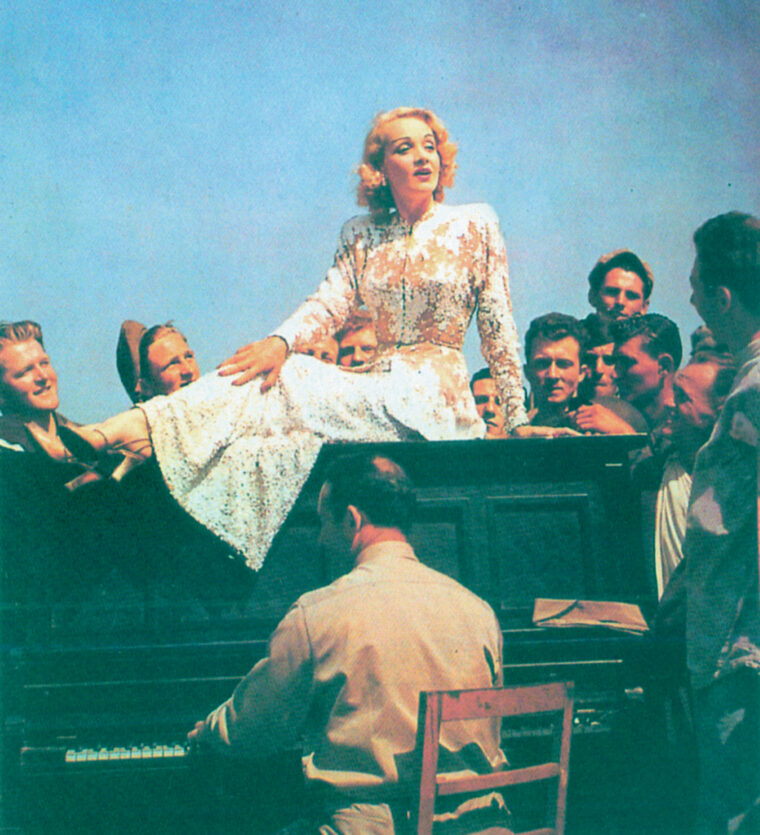
Schultze’s most popular postwar works were a musical, “Captain Bay-Bay” (1950), and an operetta, “Regen in Paris” (1954).
Schultze resigned his position as head of the Leon Jessel Foundation, named after a Jewish composer murdered by the Nazis, to prevent his removal from the post in 1991. He was accused of hiding his past as a musical propagandist for the Nazis during the war, which he denied. He claimed at that time that he was ashamed of the songs he wrote during World War II.
Schultze was primarily a composer of popular music, and his compositions were generally considered much better than those of his contemporaries. He admitted eventually that the melody for “Lili Marlene” was not original and probably came from a forgotten folk song. Schultze died in Bad Tölz, Bavaria, at the age of 91 on October 14, 2002.
Lale Andersen did not perform “Lili Marlene” in Germany until the war was over, when she resumed her singing career. She sang “Lili Marlene” again, but this time to occupation forces instead of German troops, at resorts, in personal appearances, and later on German television. Andersen made a number of hit records. The German version of the theme from Never on Sunday, recorded in 1960, was her second biggest record.
Andersen continued to sing “Lili Marlene” until the late 1960s, when she decided to retire from show business and concentrate on writing her memoirs. Andersen’s 1972 fictionalized autobiography, Der Himmel hat viele Farben—Leben mit einem Lied (The Sky Has Many Colors—Life with a Song) was loosely the basis of a movie. The film, aptly titled Lili Marlene, was directed by Rainer Werner Fassbinder and released in 1981.
A fictional although somewhat authenticated narrative of a world war and a love song, the film tells the story of a young German singer, Willie, who falls in love with a Jewish musician. Separated from her lover by World War II, she gains fame and wealth. Hitler even presents her with a luxury Berlin apartment. However, she fails in a suicide attempt.
Willie later thinks she is sabotaging the German war effort by attempting to smuggle a film out of Poland documenting the existence of concentration camps. But, she is nothing more than another minuscule part of a regime that has exploited her while providing her with a successful career. By the end of the film, both Willie and her song have lost their credibility. “Lili Marlene” is incessantly repeated throughout the movie along with the sounds of the war. The film, for the most part, received disappointing reviews.
Andersen became ill at the Vienna airport on August 28, 1972, and died the following day. Reports of Andersen’s birth year vary, ranging from 1905 to 1913. Her obituary in The New York Times said she was 59 years old when she died, although the majority of sources list her birth date as March 23, 1905. She is buried in a small cemetery on Langeoog Island, and her grave site is often visited by those who remember or want to learn more of the story of “Lili Marlene.”
A documentary on Andersen’s life, based on her diaries, was released in 2001 in Germany and received favorable reviews. It was written and directed by Irene Langemann and is available with English subtitles.
Marlene Dietrich became a naturalized U.S. citizen on January 4, 1941, and continued her successful career after the war, gaining international fame and recognition. Her numerous performances for the USO during World War II, many at the front, always featured “Lili Marlene” and made a major contribution to the morale of Allied troops. She denounced Hitler and Nazi aggression during radio broadcasts to Germany throughout the war.
Dietrich appeared briefly in Stanley Kramer’s fictional war crimes movie Judgment at Nuremberg, portraying a German general’s widow. This helped to augment her reputation as a “good” German. Ernest Gold’s movie score allowed Dietrich to hum a few bars of “Lili Marlene” as she and Spencer Tracy, who played an American judge, walked through the ruins of the city.
Dietrich was honored both by the U.S. and French governments after World War II, and later by the Israeli government. Her recording of “Lili Marlene” is still popular today. She died in Paris at the age of 90 on May 6, 1992.
Dr. Sheldon Winkler is a professor at Temple University. He has authored five textbooks and over 150 articles and chapters on dental and medical topics. Currently writing a book on the music of World War II, he resides in Cherry Hill, New Jersey.
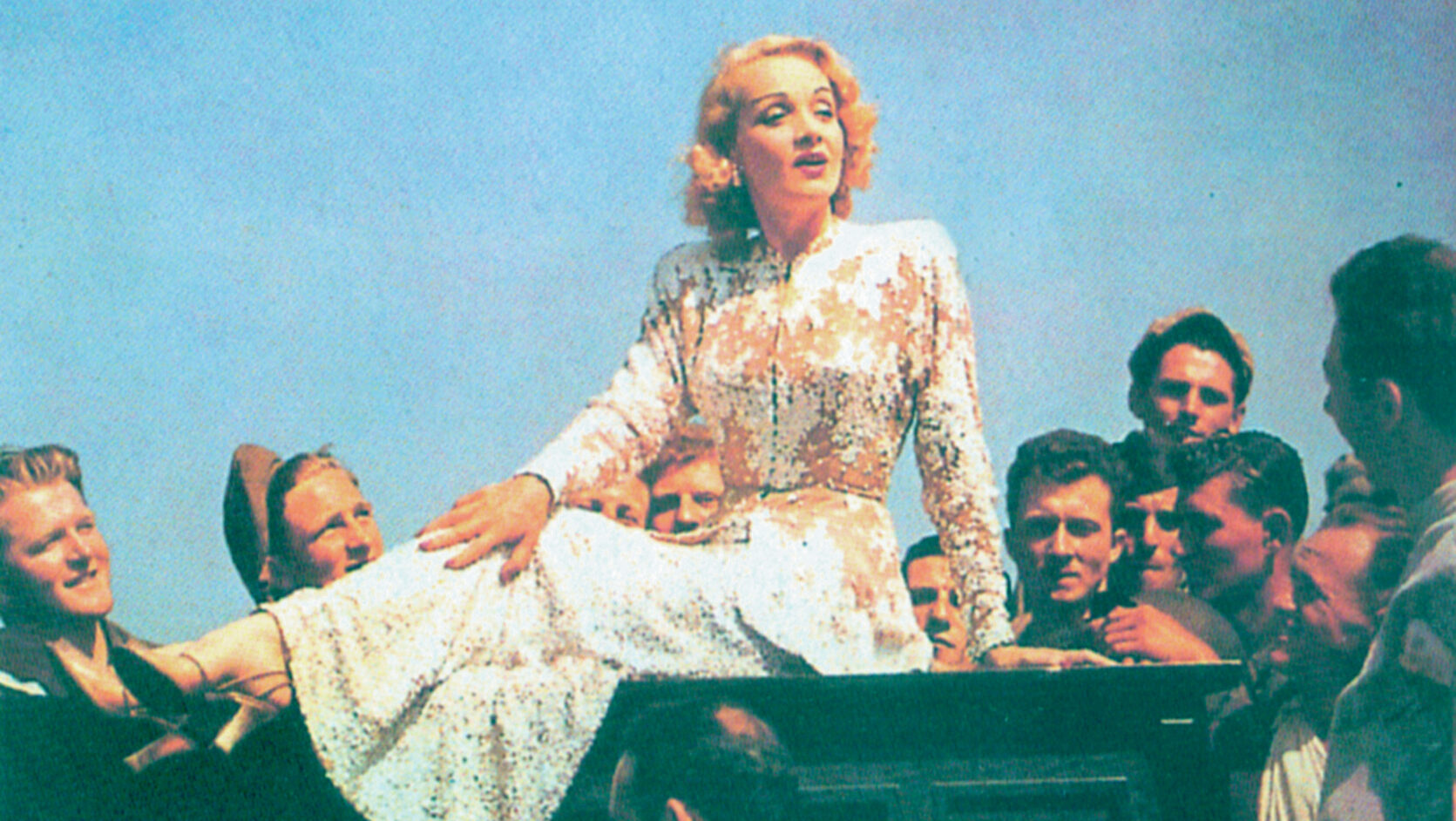
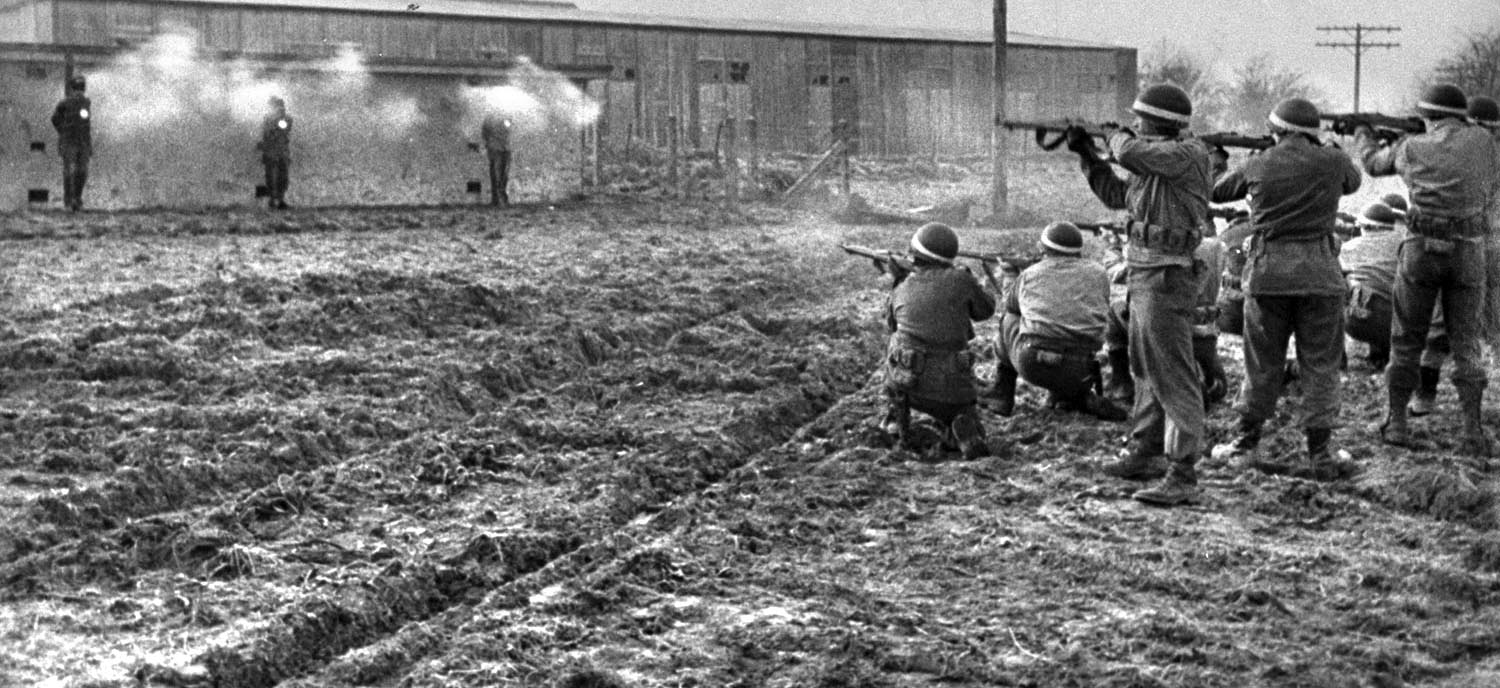





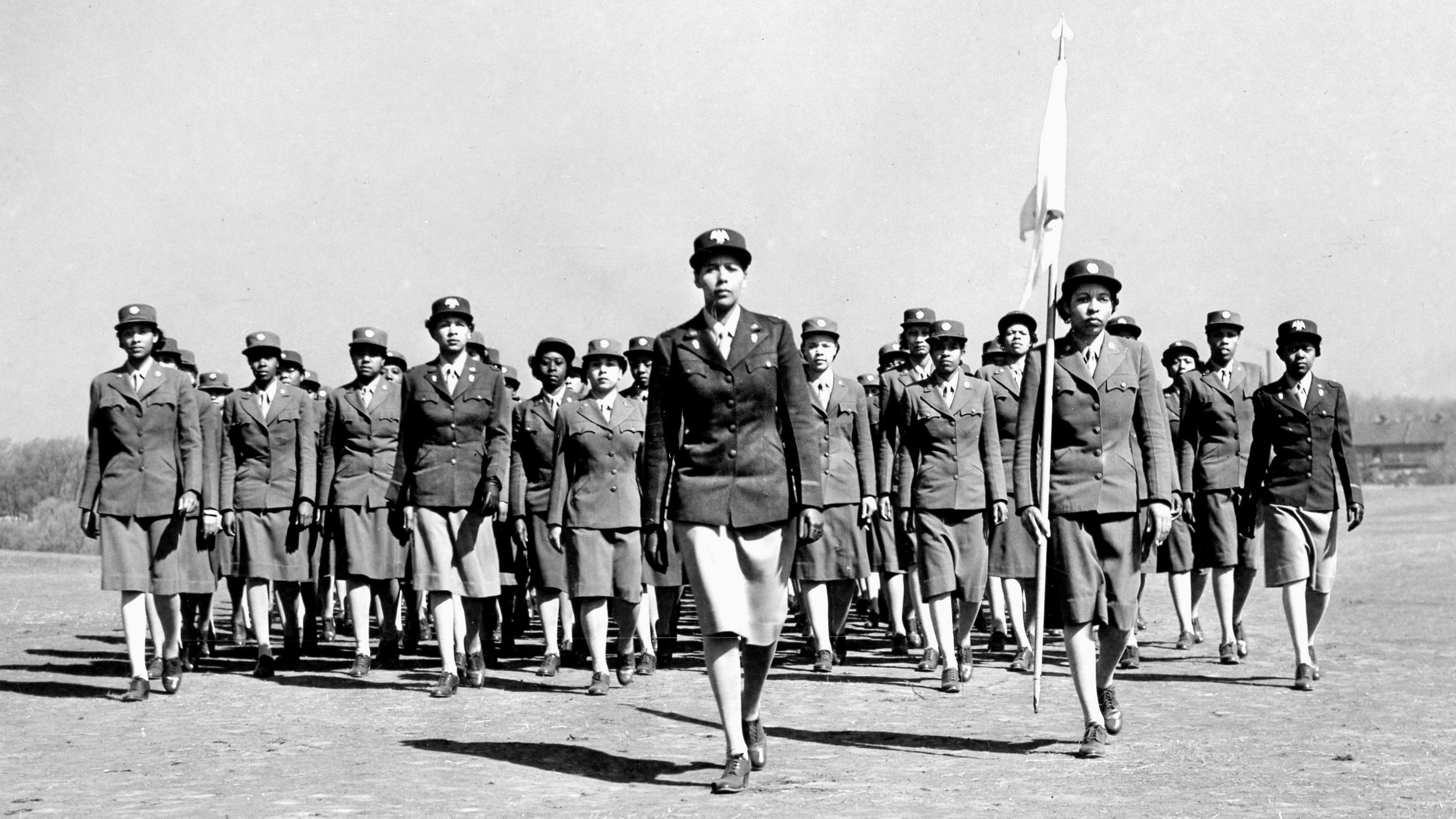

Join The Conversation
Comments
View All Comments